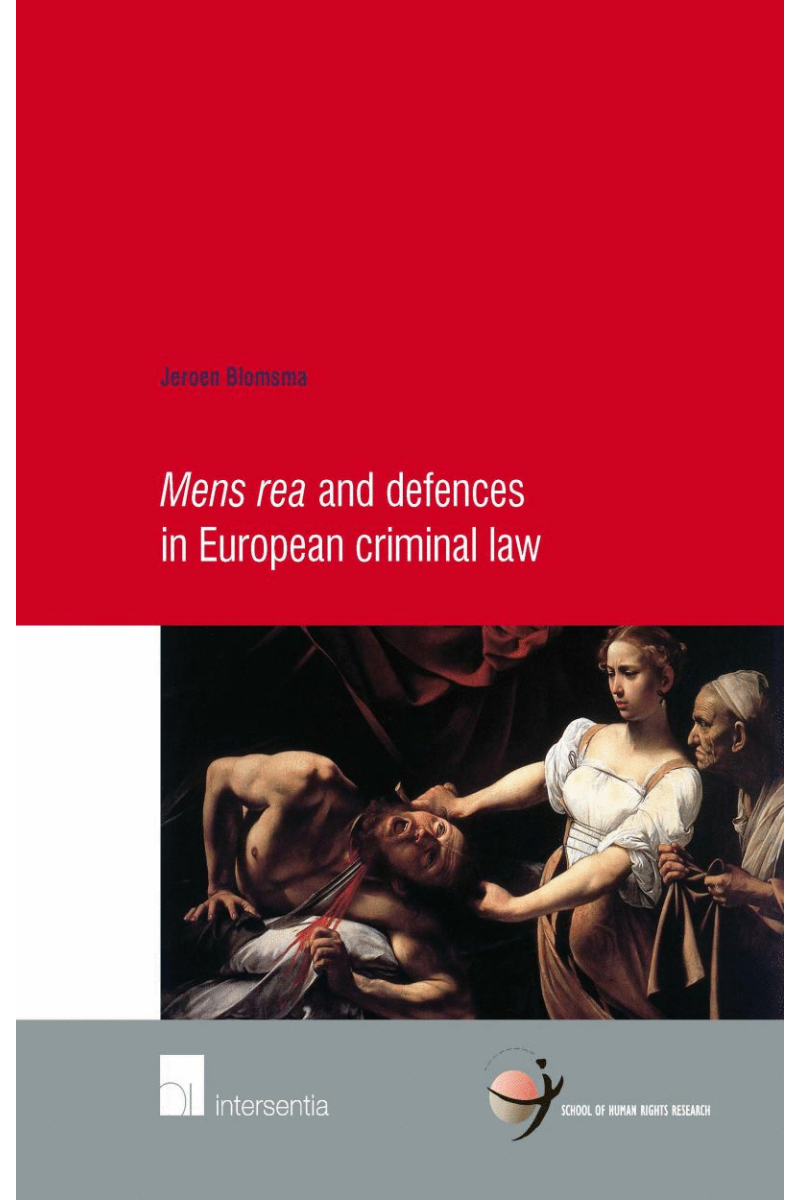 maestro
mastercard
visa
maestro
mastercard
visa

Mens rea and defences in European criminal law

Winner of the 2014 Modderman Prize
In the past decades, the process of European integration has influenced all fields of law, and eventually also criminal law. Whereas the creation and enforcement of criminal liability used to be purely a national matter, European legislation now requires Member States to criminalize all sorts of harmful conduct. However, this legislation does not determine the full scope of criminal liability, omitting to define general principles of criminal law. For example, the Union refers to ‘intention’ in its legislation, but it has not determined what qualifies as such. As a result, what is criminal in one State may not be in another, which runs counter to the goal of harmonization.
This book aims to remedy this by establishing what mens rea and defences should look like in European criminal law. Should intentional conduct also encompass those consequences that were not wanted, but merely foreseen as possible side-effects? Should the European legislator be allowed to criminalize conduct that does not require any proof of mens rea? What justifications and excuses could a defendant raise in Court? Can torture or murder ever be excused? To answer these questions, this book infers common principles of mens rea and defences from European law and the legal systems of the Member States. Subsequently, it merges them into one coherent and enforceable system.
About this book
‘…this study performs a great service to scholars of comparative criminal law. Mens rea brings to life current academic discussions across the three national jurisdictions in what is arguably becoming the legal lingua franca in the European Union (if not yet Luxembourg): English. This makes scholarship in Dutch and German accessible to the linguistically challenged, without at the same time obscuring linguistic issues typical to EU law. The work offers a structured approach to subjective elements which can form the basis of analysis in a comprehensive study of all EU criminal jurisdictions, or in international comparisons.’
Samuli Miettinen in Juridiska Föreningens Tidskrift (2013) 69
| Type of product | Book |
|---|---|
| Format | Paperback |
| EAN / ISSN | 9781780681047 |
| Series name | Human Rights Research Series |
| Weight | 1200 g |
| Status | Available |
| Number of pages | xviii + 624 p. |
| Access to exercice | No |
| Publisher | Intersentia |
| Language | English |
| Publication Date | Oct 12, 2012 |
| Available on Strada Belgique | No |
| Available on Strada Europe | No |
| Available on Strada Luxembourg | No |
Downloads
- Table of Contents
- Part 1. Setting the scene
- Chapter I. Introduction
- Chapter II. Method
- Part 2. Mens rea
- Chapter III. What is mens rea?
- Chapter IV. Fault elements
- Chapter V. Principles of mens rea
- Part 3. Defences
- Chapter VI. What are defences?
- Chapter VII. Offences and defences
- Chapter VIII. Justifications and excuses
- Chapter IX. Justifications
- Chapter X. Excuses
- Part 4. Conclusion
- Chapter XI. Conclusion
- Summary
- Samenvatting
- Selected bibliography
- Curriculum Vitae of Jeroen Blomsma